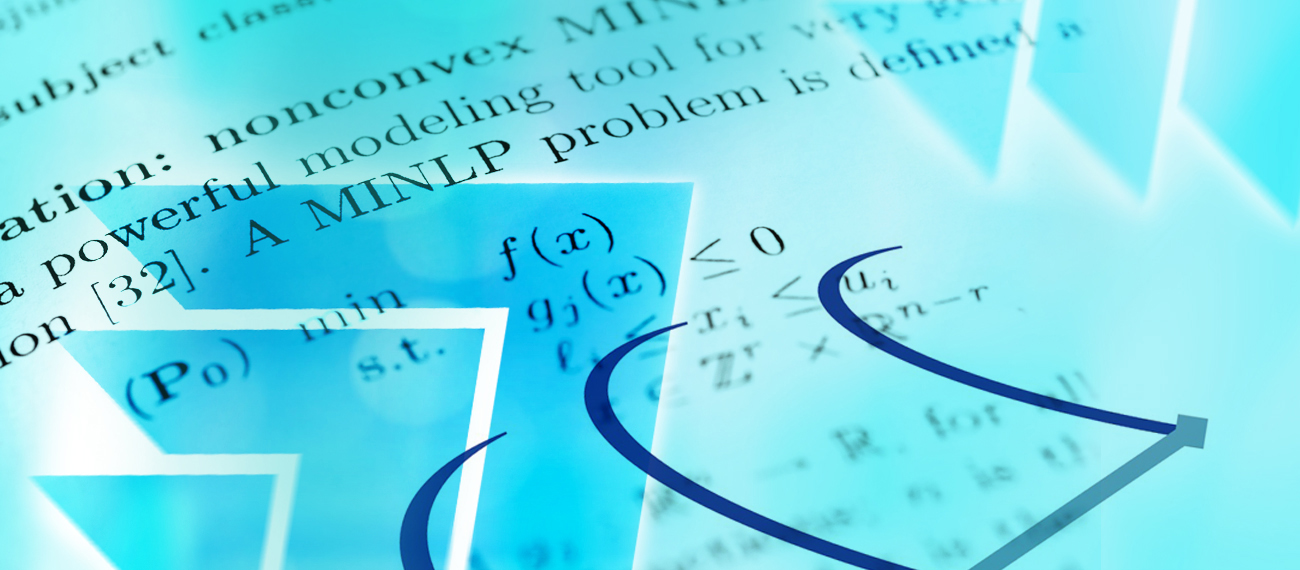Clean Circles – Iron as energy carrier in a carbon neutral circular energy economy
The interdisciplinary project Clean Circles investigates how iron, together with its oxides, can be used in an energy cycle as a carbon-free chemical energy carrier to store wind and solar energy and thus contribute to the transition to a climate neutral energy supply.
Mixed-integer nonlinear optimization methods for the optimization of the overall system Clean Circles under uncertainty
The aim of the subproject is the efficient optimization of an overall model for the Clean Circles system with regard to one or multiple target objectives. It will focus on the technical components, which are modeled by coupled material, energy and cost flows. Since in general the system components are described by nonlinear algebraic or differential algebraic equations and the configuration of the overall system requires discrete decisions (combination of different technologies, choice of scenarios, etc.), the result is a mixed-integer nonlinear optimization problem. Uncertainties must be taken into account both in the modeling of the iron cycle and in the inclusion of market aspects. This requires the development of techniques for robust nonlinear optimization. The solution techniques for an efficient optimization of the overall system under uncertainty shall be combined in an algorithmic solver.
Contact: Elisa Corbean, Stefan Ulbrich
Robust optimization and evaluation of the energy and logistics networks in Clean Circles
The main benefit of an iron/iron oxide cycle for a CO2-neutral energy storage is the capability to relatively easily and cheaply store and transport energy compared to other chemical energy carriers like hydrogen. This enables decoupling the location of energy generation and its consumption. Hence, we can expand considerations for a climate-neutral energy supply of Germany to international locations with multiple renewable energy sources. For evaluating the resulting circular model under differing criteria, the development and optimization of a corresponding material cycle with attached energy consumption and generation models are necessary. Due to the dependencies of the logistic network with its energy components, the further development of solvers for nonlinear mixed integer problems is needed for robust and optimal decisions regarding choices of technologies, locations and components of the overall system. Different economical, process-related and political uncertainties as well as multiple (conflicting) criteria are also considered for the overall evaluation of the concept.
Contact: Erik Jansen, Marc Pfetsch

